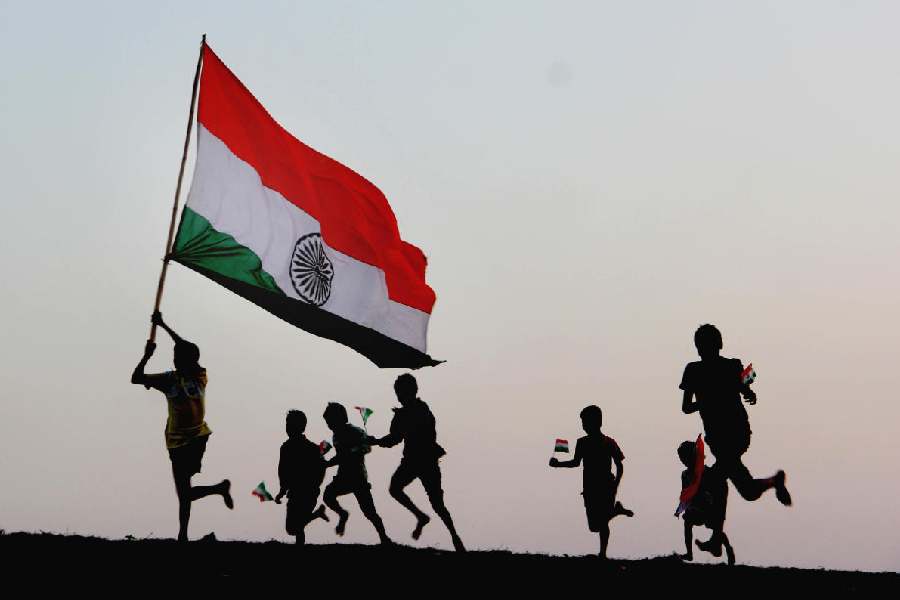Five prominent citizens of Bangladesh, Nepal and Sri Lanka have urged India to refrain from interfering in the domestic politics of their countries, averring that "New Delhi can contribute to stable polities and long-lasting peace in South Asia by abandoning its overt and covert interference in the internal affairs of its neighbours".
In an open letter released on Friday, the five signatories — two each from Bangladesh and Nepal and one from Sri Lanka — said: "Over the decades, intervention by New Delhi’s political, bureaucratic and intelligence operatives in Colombo, Dhaka and Kathmandu, has contributed to the unending political instability in our countries and has empowered autocratic regimes."
The immediate trigger for this letter is the situation in Bangladesh. The five signatories to the letter are Firdous Azim, English professor and member of Naripokkho (a feminist organisation), and Manzoor Hasan of the Centre for Peace and Justice at BRAC University in Bangladesh; Kanak Mani Dixit, founding editor of Himal Southasian, and Sushil Pyakurel, former commissioner of the National Human Rights Commission of Nepal; and Sri Lankan journalist Lakshman Gunasekara.
While acknowledging India’s role in the liberation, the instances of interference in Bangladesh flagged in the letter include the diversion of river waters as the upper riparian state, access to the Indian Northeast through Bangladeshi territory, and the use of Bangladesh as a sizeable market for Indian goods. "New Delhi actively worked to prop up the autocratic regime of Sheikh Hasina over the last decade and received political and economic concessions in return," the letter noted.
As for Sri Lanka, "New Delhi’s interventionism peaked with the deployment of the Indian Peace Keeping Force (IPKF) in the late 1980s, meant first and foremost to protect India’s ‘national interest’ amidst the Tamil insurgency".
Stating that Colombo has had to wrestle "with New Delhi’s encroachment in its politics" before and since then, the letter underscores that "lately New Delhi authorities have been actively pushing Indian business conglomerates onto the island".
And, in the case of Nepal, it was pointed out that now the Indian intervention is not only through politicians and diplomats but also intelligence agencies and "Hindutva activists of the RSS".
New Delhi, according to the letter, has been "engaged in manufacturing consent within Nepal’s polity to maintain control over Nepal’s water resources". There is also a mention of the blockade imposed on Nepal in 2015 soon after the earthquake "following the promulgation of the Constitution that was not to New Delhi’s liking".
About India’s apprehension of China’s growing influence in the region, they argue that "New Delhi must accept the sovereign right of each neighbour to deal with Beijing on its own accord, much as New Delhi does. We find it incongruous that China has become India’s largest trading partner even as New Delhi seeks to prevent the neighbours’ links with Beijing. We insist that Bangladesh, Nepal and Sri Lanka are not and should not be in the sphere of influence of China, India or any other power, and that the alarm in New Delhi is misplaced. We recognise that the Maldives and Bhutan too suffer from New Delhi’s efforts to be the decisive player in their internal and external affairs’’.
The Commonwealth Journalists Association has written to Bangladesh’s interim leader Mohammad Yunus urging him to ensure the physical safety of journalists in the country and provide them a secure working environment. This comes in the wake of several media outlets coming under attack over the past week.
The association’s vice-president and general secretary of the Bangladesh National Press Club, Shyamal Dutta, has been targeted in these attacks on the media, it was pointed out, adding that he and his family have also been barred from leaving the country.











